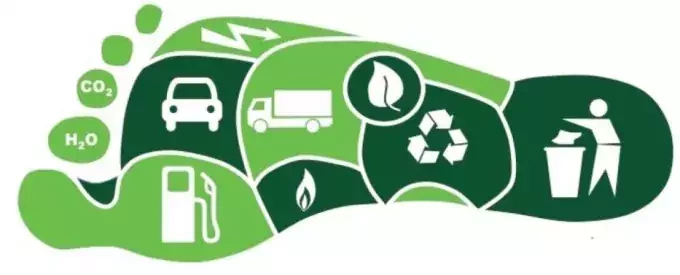Why carbon literacy is the key to a successful business

There is an incredible hunger from businesses to make their operations more sustainable and aim for a net zero future. But achieving that goal isn’t simply about senior management making the decision, if businesses want to succeed then it’s important that employees buy-in to the idea too. Easier said than done.
There are many reasons why a business would want to reduce its impact on the environment, but for individuals it can appear a little less clear what the path to achieving net zero is and why they should be part of it. There’s also the feeling that individually we may not be able to make a difference.
It’s why carbon literacy is becoming an increasingly important part of the net zero target for many firms and their employees, helping create greater awareness of the carbon costs and impacts of everyday activities, and to inspire people to reduce their emissions on an individual, community and organisational basis.
AutoTrader is one firm at the forefront of the movement. Back in 2021 it worked with The Carbon Literacy Trust to launch of a new Automotive Carbon Literacy Toolkit. It was the first of its kind for the automotive industry and was designed in close collaboration with a number of retailers and manufacturers, including Nissan, Marshall Motor Group, Lookers, Motorpoint, AvailableCar and SYNETIQ. The toolkit contains all of the tools and materials an organisation requires to educate and accredit its employees in Carbon Literacy.
Doing it for yourself
Since its introduction AutoTrader has used carbon literacy training in its own business. It forms part of the induction process for new starters and over 80% of the business’s staff have now completed it. And because it’s been created by the industry for the industry, Autotrader is keen that it be used as widely as possible.
“We’re trying to help the industry and it’s the right thing to do. We developed the toolkit with the Carbon Literacy Trust but brought the industry together so they knew the training would be relevant for the sector,” says Kaye Lee Director of Group Finance at Autotrader.
The number of businesses that have bought into the toolkit is in the hundreds and the number of people who have taken the course in the thousands.
The objective is to create greater awareness of the carbon costs and impacts of everyday activities, and to inspire people to reduce their emissions on an individual, community and organisational basis. Carbon literacy sessions end with learners planning or taking their own immediate actions to drive the low-carbon objectives within the business. And with every colleague successfully accredited (each of which will receive an individual certificate of accreditation), the organisation can progress towards becoming a fully accredited Carbon Literate Organisation, achieving key milestones (Bronze, Silver, Gold, Platinum) along the way.
“The key thing with carbon literacy is it's realising that it doesn't have to be a big thing that you do. It's collectively the small things that you do that make a difference,” says Lee. “I think what carbon literacy really shows you is you don't always need that end goal in mind, don't be so focused on measuring, just take action and just start doing those little things that then will build into the bigger things.”
Sometimes it can be difficult for employees to understand why businesses are making big decisions about the future of the firms. Sustainability could well be one of those areas, but with carbon literacy in place, it makes the shift and the reasons behind it clearer, as well as giving employees the tools they need to make changes in their own life too.




